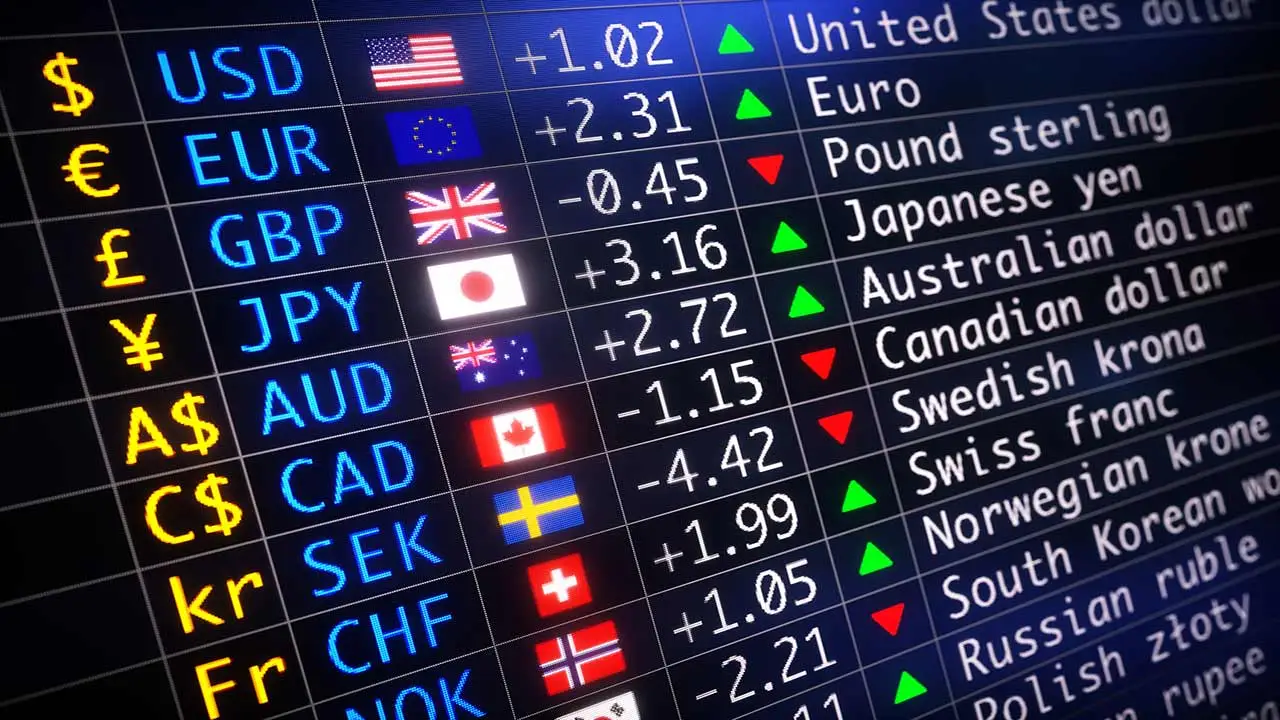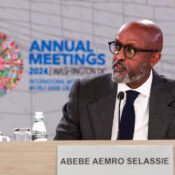
The dollar continues to rule, but the yen is rising
As the world’s currencies approached the close of a year marked by conflicting central bank outlooks, the dollar maintained its leading position while the Japanese yen marginally recovered from five-month lows on Monday.
At 107.86 on the day, the dollar index, which compares the US dollar to a basket of six other major currencies, was down 0.1%. On December 20, it reached a two-year top of 108.54, and it has remained in the 108-level.
With the dollar index up 2% in December and gains of 6.35% so far this year, it is supported by rising U.S. yields and predictions that U.S. rates would remain higher for longer.
According to Chris Weston, head of research at Pepperstone, “Despite paid forecasters virtually unanimously predicting a weaker U.S. dollar in 2024, the greenback looks set to close the year higher against all major currencies with the buck reigning supreme.”
The dollar has appreciated over the past three months as traders anticipate that President-elect Donald Trump’s plans of tax cuts, tighter immigration, tariff hikes, and looser regulations will be both inflationary and pro-growth, which will likely keep U.S. yields high.
Last week, the yields on the U.S. 10-year Treasury reached a high of over seven months. At 4.593%, the yield was near that level on Monday.
With the possibility of Japanese assistance averting another test of the 160-level last touched in July, the yen rose 0.16% to 157.55 per dollar on Monday, gradually recovering from recent five-month lows.
Since December 3, the dollar has increased by 10 yen, with the majority of the Japanese currency’s drop following the Federal Reserve’s warning on December 18 about potential rate cuts.
The yen, which has lost over 10% this year and is headed for a fourth annual fall versus the US dollar, was strongly impacted by that opinion. Last week, it fell to its lowest level since July 17 at 158.09 per dollar.
After the Japanese central bank reduced its monthly asset purchases and a summary of views from the December policy meeting revealed that some officials were growing more confident in an impending rate hike, it recovered from the July lows on Friday.
Japanese yields are still very low, though, and recent remarks have raised questions about the BOJ’s resolve to raise rates. Governor Kazuo Ueda stated that the BOJ was examining additional data on the wage momentum for the upcoming year and clarification on the economic plans of the incoming U.S. administration. The BOJ maintained interest rates at 0.25% during this month’s meeting.
Market expert Fawad Razaqzada of City Index predicted that the yen will strengthen in the upcoming months and suggested that the BOJ would be in a better position to raise rates next year.
“If the yen weakens considerably more, price pressures could rise even more, as above-target inflation is expected to persist for a large portion of 2024. “The Bank of Japan may want to start raising rates more meaningfully to support its currency,” Razaqzada said.
“A potential flight to safety, a drop in U.S. bond yields, or government intervention could all help to weaken the dollar/yen in 2025.”
In the event that the yen depreciates more, as it has several times this year, traders are alert for any possible action by Japanese authorities to support it.
Between November 28 and December 26, the nation’s Ministry of Finance reported on Monday that it had spent zero yen on currency intervention.
Concerns about a declining yen were echoed by Japan Finance Minister Katsunobu Kato on Friday, who also reaffirmed the government’s threat to take action against excessive currency movements.
THE HOLIDAY TRADE
Other currencies were held in close ranges by thin year-end liquidity.
Both the euro and sterling were still close to their recent lows, with the euro rising 0.1% to $1.0441 and sterling rising 0.12% to $1.2595.
The European Central Bank lowered interest rates four times in 2024, and markets anticipate that the ECB will cut rates more quickly than the Fed in 2025, causing the euro to fall about 5.5% against the dollar over the course of the calendar year.
A recent spike in inflation may delay the ECB’s next interest rate drop, according to a comment from Robert Holzmann, a member of the ECB Governing Council, on Saturday.
After falling from a record high of $108,379.28 on December 17, Bitcoin is down almost 3% for the month, but it was up about 0.5% at $93,833. The cryptocurrency has increased by almost 120% this year.
All Categories
Tags
+13162306000
zoneyetu@yahoo.com



